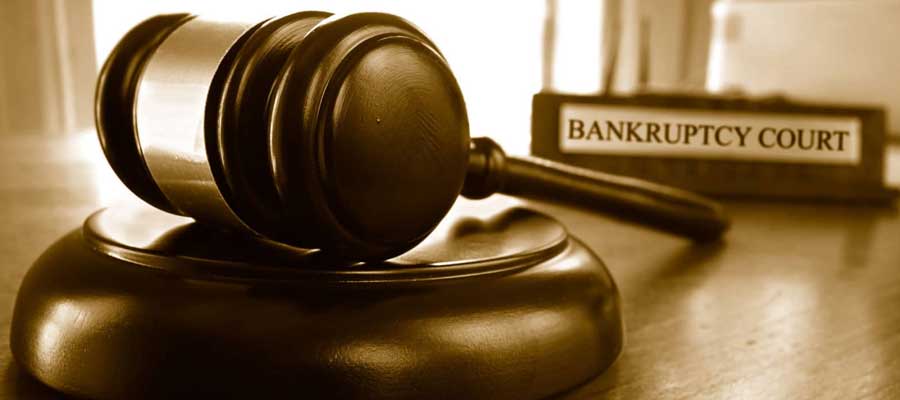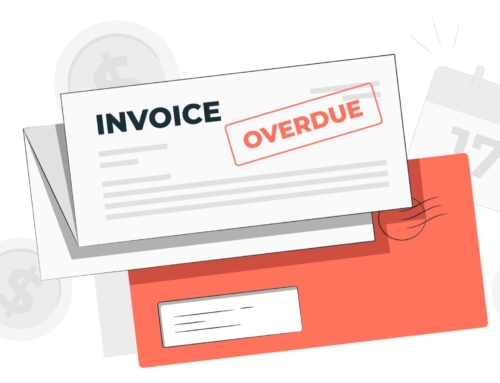The Fair Debt Collection Practices Act was created in 1996 and dictates what a debt collector can do and how they can act when they contact someone who owes a debt. The number of calls and letters sent by collection agencies can sometimes be overwhelming. In previous blog posts, we have covered the option of filing for bankruptcy as one solution to stopping these calls. After speaking to an experienced bankruptcy attorney in Miami and while you prepare to file, there are some things you should keep in mind to ease some of the tension caused by these agencies and the countless communications you receive.
Collection agencies have been known to have agents who use obscene and abusive language to coerce you into paying them. It is this scare tactic that often leads individuals to send the agencies money with no verification of the debt because an agent intimidated them. This is considered harassment and not allowed under the FDCPA. It is important to do your research on any debt they are attempting to collect – verifying the original creditor and the amounts owed are key before agreeing to any sort of payment plan.
Some agents may begin to tell you on the phone that they have the power to garnish your wages because you have an open debt. Remember that a garnishment of wages or bank accounts should be done by a court order and as stated before, some debt collectors will go to great lengths to get you to pay. However, keep in mind that some debt does not need a court order in order to begin a garnishment or repossession – this includes federal debt (such as IRS debt) and past due
payments on a vehicle.
It is not uncommon for most people to tend to ignore the constant calls from debt collectors. However, some agents have been known to contact your family members or employers in order to locate you and get you to pay. If you inform them that they are not allowed to contact you at your place of employment, any call they make after that is a violation of the FDCPA. Also, it is important to know that the debt collectors cannot disclose any information on your debt to any third party – unless they are a co-signer or an authorized agent, such as an attorney, who is allowed to receive information on your behalf.
For more information on how to file for bankruptcy or to know your rights under the FDCPA, contact Attorney Alberto H. Hernandez, Esq. at 305-820-0334.






